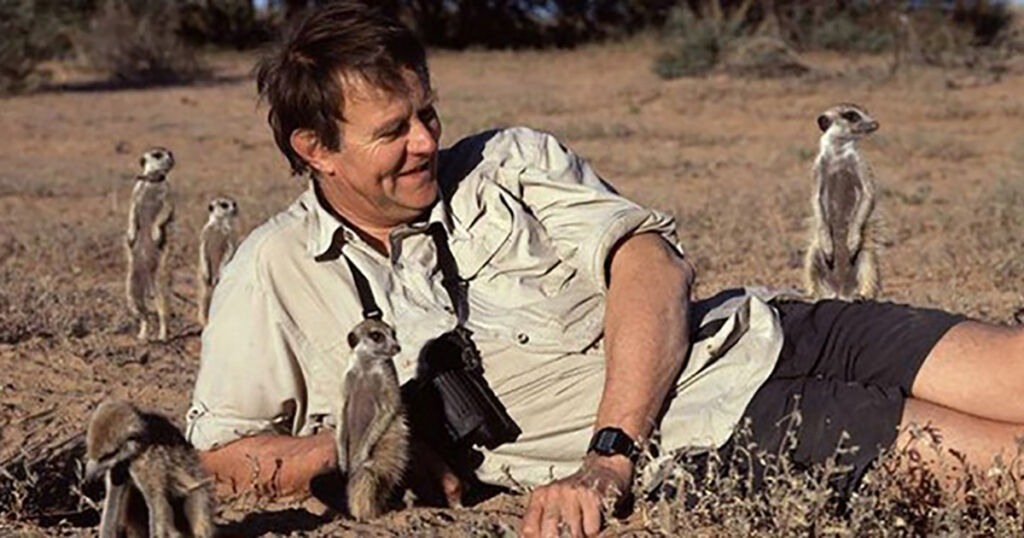Image credits
Wakefield cattle - Michelle Tedder.jpg
By Maxcine Kater for Roving Reporters
From the relatively ruddy fortunes of the red deer on Scotland’s Inner Hebrides Island of Rum to consumptive meerkats in Botswana’s Kalahari Desert, the effects of climate change appear surprisingly varied… and widespread.
Well, certainly the work of Professor Tim Clutton-Brock suggests this. Clutton-Brock, an evolutionary biologist and ecologist, has dedicated a lifetime to studying these two very different animals. And he hopes that the wealth of data he has collected will have predictive value, providing lessons on mitigating the effects of climate change and biodiversity loss.
The director of zoological research at Cambridge University will be among speakers at the 11th Oppenheimer Research Conference in Johannesburg in early October.
“The point of bringing someone like myself as an example is not because I’m saving meerkats or red deer. It is because I can possibly help provide answers about the likely consequences of climate change and provide insights to possible solutions,” he says.

Clutton-Brock began his research into red deer about 50 years ago. His work seeks to identify how climate change affects individuals and categories of individuals, particularly females versus males.
The layman often assumes the effects of climate change are uniformly bad, but reality is more complicated.
“Holistically, climate change is good for red deer as they do better in warmer weather conditions,” says Clutton-Brock.
Conversely, with meerkats, “climate change is clearly bad,” he says, explaining the survival rate and population numbers of these small mongooses are driven by rainfall. He mentions his research has found that “climate change increased the incidence of deaths from tuberculosis in meerkats.”
Clutton-Brock has spent about 30 years in the Kalahari desert working to uncover the secret lives and breeding habits of meerkats. This includes following the histories of individual animals, from their first moment on earth to their last.

He says the work can be challenging, particularly when you are dealing with 30 year old data, and it’s clearly not for everyone.
But it does provide a peephole into the future for bigger groups. It could also be vital to predicting how animals are likely to fare in a changing environment.
“Data such as this can be inserted into general population models and run several years into the future to see what could happen to the population. Not only that, but to see how climate change affects population dynamics.”
Long-term studies are vital to our quest for answers, says Clutton-Brock. He says it gives us detailed insights into ecological processes and makes it possible to answer focused questions about what is happening. Genetics play a part too.
“I’d like to convince people that genetics play an important role in understanding the consequences and predicting the consequences of climate change,” he says.
Turning to conservation strategies for South Africa, Clutton-Brock is cautiously positive.
“From an outsider’s perspective South Africa is a relatively safe place for biodiversity. It is blessed with fantastic biodiversity, fantastic park systems,” he says, but adds there are concerns as to whether we are doing enough to prevent biodiversity loss.
He believes we must take a local and pragmatic approach.
“I doubt you’ll halt average biodiversity loss across the country. But I think you can halt it in representative areas. It’s very important that those representative areas are adequately managed and protected and also that they’re big enough.”
Vulture survival, poaching threats, and hope from the skies
Pangolins are elusive and heavily trafficked. At Tswalu, researchers are working to uncover their secrets and aid conservation.
Declining Sparrow-Weavers may threaten other birds that rely on their old nests for shelter.
Wakefield cattle - Michelle Tedder.jpg


